Basically That: A Philosophy Graduate Explains His Degree Through The Talos Principle
By nintendoeats 14 Comments
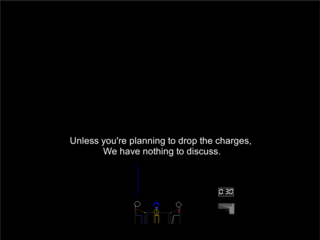
A couple years ago I dropped out of video games, both playing and designing, to focus on other interests and finishing a degree in philosophy. With university behind me and a games development course on the horizon, I am catching up on experiences I have missed in that time. Naturally one of the first games I lined up was The Talos Principle, and since it is so directly relevant to my background and design interests I felt it would be a good game to break my writing hiatus with, despite it being on most people's "yesterday's news" pile. As such, I'm going to assume that you are familiar with the essential elements of the game.
The Talos Principle touches on most major philosophical topics including epistemology, ethics and free will. However, I believe that the latter is the real focus of the game and it merely engages the other topics as a avenues for the player to explore their own conception of ideas. The conversations that the player has with Milton Library Assistant (A reference to John Milton, a 17th century philosophy who was neither dualist nor determinist with respect to consciousness) only skim the surface of the various topics at hand, but always he is goading us to really consider our responses and whether or not our viewpoint holds up. In fact, I found this rather irksome at a few points. I fed him some beliefs that were heavily considered over the course of a four year degree (within the confines the pre-written responses) and he still had the gall to say that history was littered with "broken theories stronger than yours". But this is the point: I suspect that no matter what you say, Milton will cast doubt upon your beliefs because ALL beliefs can be doubted. He exists to make us question ourselves, not to guide us towards some deeper truth. Because of this, Talos should be seen more of an introduction to modern philosophy than a treatise on any particular subject.
The textbook definition of knowledge is "justified true belief" and no 3 words have been studied so closely as they. While Talos cannot MAKE you think or believe anything, it seems to be guiding the player through each element of knowing in 3 stages. First, it feeds us the dream argument (How can you prove that anything you experience of the external world is not merely a dream?) and in so doing forces us to seriously consider what we think knowledge is and what we know. Second, it begins asking us abstract questions to which, at least in my view, there are no "real" answers and in so doing forces us to acknowledge that we believe things which we cannot absolutely defend.
The last step is to provide us with a huge range of viewpoints in the form of text logs. These logs portray people dealing with the same issues and with a huge range of responses, none of which are being called valid or invalid. This serves to push the player towards "ascension" by giving us the confidence to attempt answers to questions even if we know that we cannot be absolutely certain of our results. There was one text snippet that particularly stuck with me which suggested that doubt merely destroys, but the related act of questioning brings us ever closer to truth even if we will never achieve it. This is what modern philosophy, and indeed science, is about.
The tower ending is the culmination of the player's search for free thought. After we climb the tower Milton is loaded into our minds to be "that voice of doubt". He no longer mocks our beliefs because their specifics are not important to him. We have demonstrated the most important thing, which is that we will not believe things simply because they are comforting.
In reality, the endings are over-ambitious. If you tell a video game player not to climb a tower but give them all the tools to do so, 9 times out of 10 they will. That does not mean that they are not easily led. In fact, that sort of reverse psychology is practically a cliché. However, if we take them at face value the 3 endings are fairly interesting. If the player submits to EL0HIM's gift of immortality (really a continuation of the cycle) they are demonstrating a lack of curiosity and/or defiance which the game equates to independent thought. Further, the developers are essentially saying to such a player that they do not qualify as human since their response is that of a machine not worthy of reality. Troubling thought to a human player.
The ascension ending, as discussed, seems to be the "good ending" to the game despite being not much more difficult than the "eternity" ending. The player has proved themselves independent and free. One other element of this ending which I find interesting is the characters of "The Sheppard" and "Samsara". We think of a Sheppard as a guide, but the one who helps us up the tower is a partner who does not dictate our actions. This suggests to me that the developers do not want to propose that people should dismiss the ideas and teachings of others, but instead to treat them as useful tools who can take us to intellectual places we could not get to on our own, yet who need us just as much. My knowledge of Buddhism is limited, but Samsara's symbolism seems clear: the internet suggests that rough translations include the cycle of life and pain of not achieving Nirvana. Whatever the correct definition, this cycle is trying its best to hold us back.
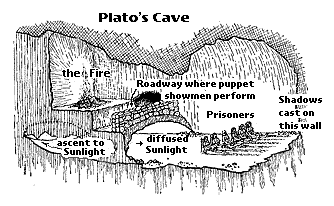
The "messenger" ending can only be achieved by finding all the hidden stars and solving a number of very challenging puzzles. The player can then submit to helping other players with puzzles (in a very abstract way that isn't important here). Despite being more challenging, I actually believe that this is the worst ending in the game. The player has demonstrated mechanical mastery over the world and exceptional creative thinking, yet they submit to the very simple moral principle of helping others. That may sound like a reasonable moral choice, but there are two problems. It suggests, though does absolutely prove, that the player has not seriously called their moral beliefs into question. Such self-sacrifice is not supported by most moral codes. Much worse, however, is that the player is knowingly submitting to perpetuation of the cycle. All they can help others do is to solve problems which have already been solved. They are condemning the world to standing still in time. They are condemning others to perpetually solving problems instead of answering perpetual questions.
If we consider all of those things, an unusually clear picture of the philosophical process comes to light. It does not matter what you believe so long as you are honestly willing to question those beliefs and seek new answers or even dismiss the question as nonsensical. It is ok, and in fact, assured, that you will be wrong. All that matters is that you have MLA bouncing around your head, providing that niggling question from the back of your mind. That is philosophy in its purest form and anything else you learn about it in school is just an exercise.
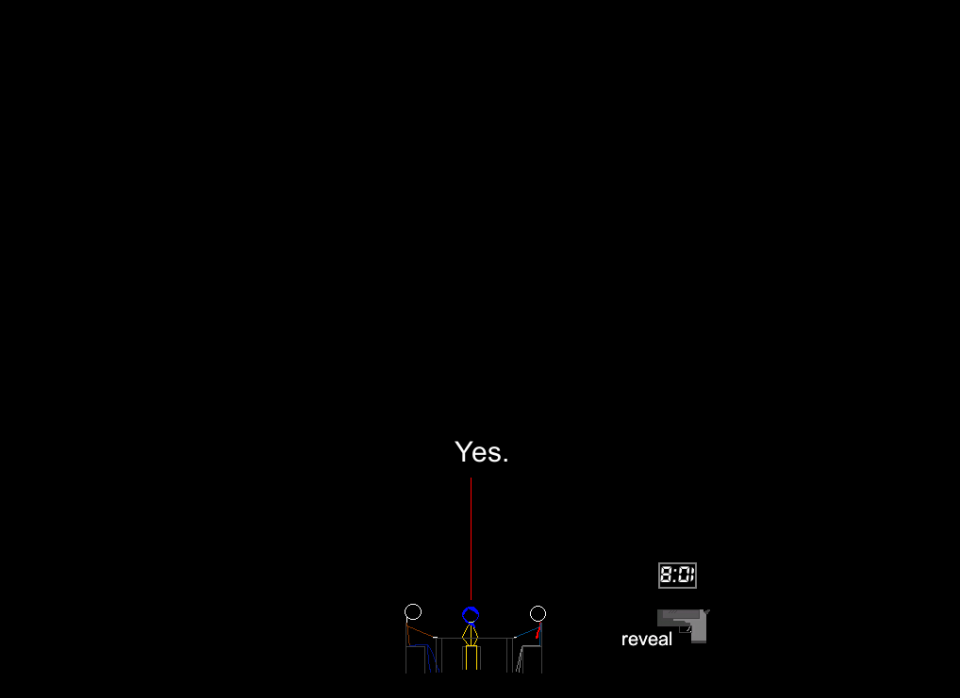

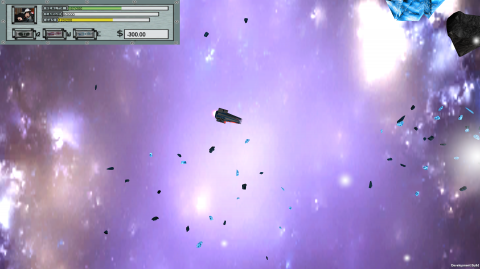









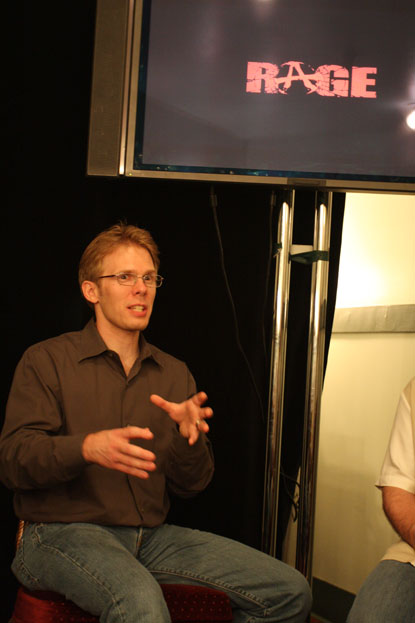


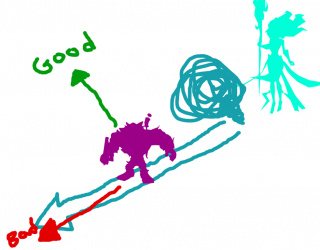
Log in to comment